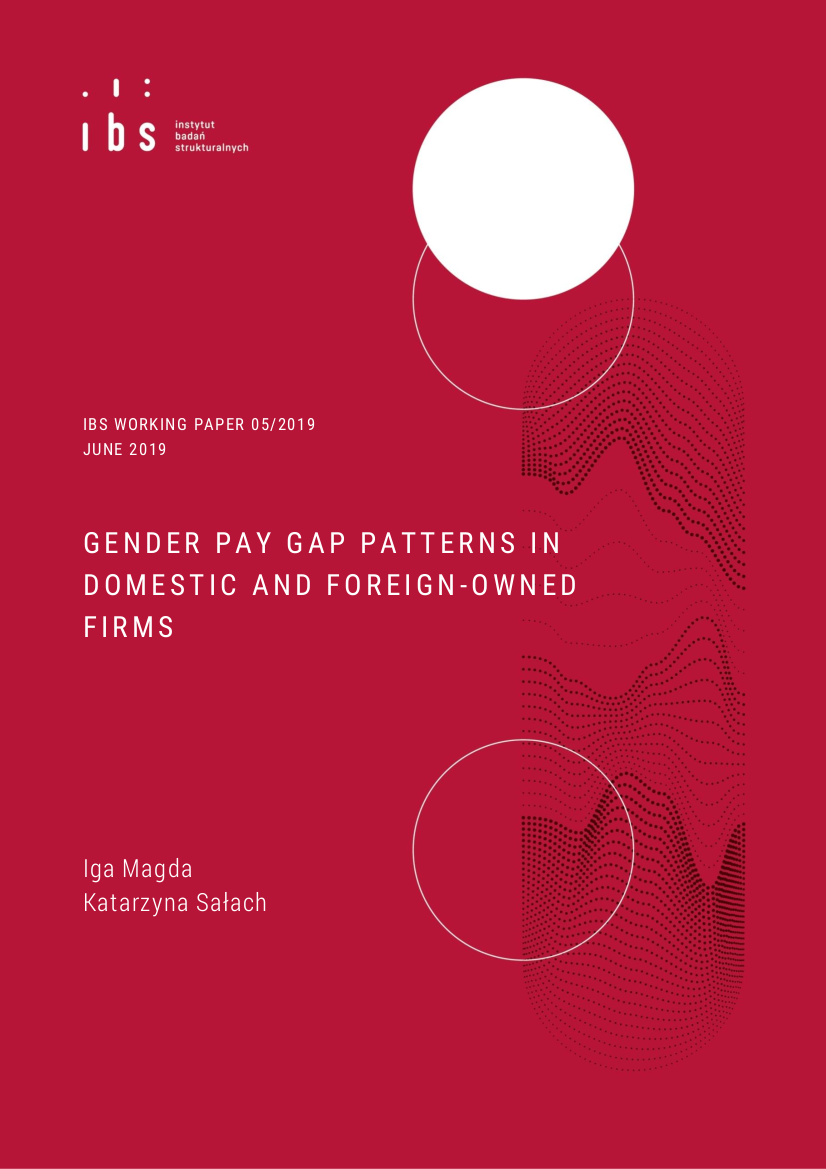We investigate differences in gender wage gaps between foreign-owned and domestically-owned firms in Poland, a country that has experienced large FDI inflows over the past three decades. We show that according to standard estimates of adjusted gender wage gaps, these differences are much larger in the foreign-owned companies than in the domestic firms. However, we also find that these estimates cannot be trusted because the domestically-owned firms have considerably higher levels of gender segregation. Using a non parametric matching and decomposition technique (Ñopo 2008) we find that gender wage gaps in domestically-owned firms are only slightly smaller than those in foreign-owned companies. Women tend to segregate into low-paid jobs in the domestic sector, whereas foreign-owned companies have much larger within-firm differences in earnings. In sum, we find that the nature of gender wage gaps and the factors that underlie them differ between domestic and foreign-owned companies.

This paper benefited from the financial support of the National Science Center, Poland (grant number 2013/10 / E / HS4 / 00445). We use the data provided by Statistics Poland. Statistics Poland has no responsibility for the results and conclusions, which are those of the authors. The usual disclaimers apply. All errors are ours. We thank Karolina Goraus-Tańska and Anna Sanz-de-Galdeano for their insightful comments. We also thank the participants of the Australian Gender Economics Workshop 2019, 11th PhD Workshop “Perspectives on (Un-)Employment” in Nuremberg and Warsaw International Economic Meeting 2018 for their discussion and remarks.

